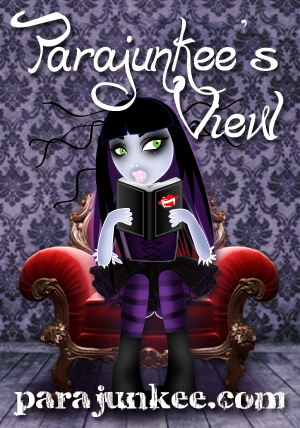Faster Than Light, a Romantic Notion
Lately, my mind has been full of a topic that I never before felt capable of pondering with any clarity: physics. A Chinese ESL student of mine named Cheng was so excited about an
experiment conducted twice this fall at the CERN facility in Switzerland, in which the sub-
atomic particles called neutrinos allegedly traveled faster than light, that he stood up, unbidden,
and talked about it for a half an hour, giving clear examples and explanations on the board.
Faster than Light. What does that mean? Why does it affect me, a romantic fiction writer, anyway? Because I write about time-travel, and this experiment has actual time-travel implications. I’m not saying we’ll all jump in a time-machine tomorrow and jet around the past
and the future, but it does imply the actual possibility of something like that some day. Here’s an interesting way to look at the faster than light theory, from Michio Kaku, Theoretical Physicist, quote provided by Cheng: “As you approach light speed, time goes slower in the outside world than it does for you. When you hit light speed, the outside world goes so slow in relation to you that it stops (people in the outside world feel as if time is the same as always). So if you could push past that speed limit, the outside world would be so slow as to be moving backward in relation to you.”
Cheng went on to explain that if something can move faster than light, Einstein’s is wrong. As a result, the study of physics will have to start from zero, but only if the findings of the CERN experiment are proven irrefutably correct. At the moment, there are plenty of scientists expressing serious doubts about those findings, citing things like the neutrinos were spread out too much for the measurement of their speed to be accurate, after which the scientists at CERN smushed them together and did it again with the same results (is “smushed” a scientific
term?). Ultimately, the findings cannot be substantiated until another body of scientists repeats it with the same results at another facility, and the only other countries that are capable of doing it are the U.S. and Japan. Apparently they’ll be trying it soon.
Getting back to time-travel in relation to the Faster than Light discovery: if we can perceive light
in the past or in the future, Cheng told us, it means that cause and effect have no meaning. But
wait! Everything in our known universe is based on cause and effect. One thing happens and
then another thing happens. Things can’t happen BEFORE other things happen. Our world is
linear. It is based on time moving forward. Faster than Light means that time will not be linear,
that things can happen before they have actually happened. This will upset our entire way of
understanding time and the universe. It is like when people first realized the world was round.
At that moment, they suddenly understood that they could keep traveling around and around
the world and never fall off. Imagine how mind blowing that was! This is what the Faster than
Light implications are to us. It means we may, someday, be able to see something or experience something BEFORE it happens. This is time-travel. It is obviously something very different than in my books, which involves an invention of mine based loosely on the Einstein-Rosen Bridge, or the “wormhole theory” (which, frankly, I was also pretty excited to grasp).
In my first two novels in The Time Mistress series, my main character Cassandra travels first to
England of 1820, then New York City of 1853. There’s plenty of romance involved, plenty of
danger and excitement, but I have a feeling that when time-travel becomes something one can
really do, it won’t be anything like that. We won’t be hobnobbing with people of Jane Austen’s
day or helping escapees along the Underground Railroad…I don’t think. What may actually
happen is that we will simply stop thinking of the past as something that is finished, or the future
as something that is to come. Time will be more fluid, or have little meaning at all. Can you conceive of that? I can’t, really, just like people couldn’t conceive of the world being round. We will have to expand our minds in ways that seem impossible now. How exciting! To think that my little existence of novel writing and fantasy is just one blip in the universe of unending possibilities. Somehow, I’m OK with that. Thanks, Cheng!
Stalk Georgina on her Blog.
Her Books, The Time Baroness and The Time Heiress are available on Amazon, Smashwords and Barnes & Noble.
















1 comment:
I'm so honored to be featured here today. Thanks!
Post a Comment